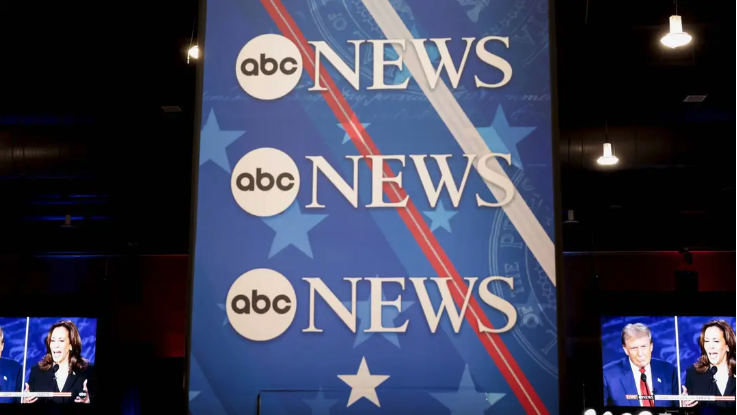SCOTUS to Review 'Anti-Censorship' Social Media Laws
On Friday, SCOTUS announced that it will weigh in on the constitutionality of laws in Florida and Texas that seek to limit social media platforms' ability to suppress content....

Facts
- On Friday, SCOTUS announced that it will weigh in on the constitutionality of laws in Florida and Texas that seek to limit social media platforms' ability to suppress content.1
- The two laws reportedly aim to prevent tech companies like Facebook, TikTok, and X — formerly Twitter — from censoring alternative viewpoints.2
- Both laws, passed in 2021 after several social media platforms banned former Pres. Donald Trump, require companies to publicly disclose their guidelines and provide an explanation for banning a user.3
- Consequently, NetChoice and the Computer and Communications Industry Association filed lawsuits challenging the laws, claiming they violate the platforms' First Amendment right to 'host, curate, and share content as they see fit.'4
- While one appeals court upheld Texas' law, the other struck down Florida's. On May 31, 2022, SCOTUS voted 5-4 to keep the Texas law on hold pending legal challenges.5
Sources: 1NBC, 2Associated Press, 3CBS, 4Ars technica and 5Washington examiner.
Narratives
- Right narrative, as provided by New york post. SCOTUS will hear cases seeking to hold social media companies accountable for blatant censorship of people with differing politics. Social media companies are granted numerous protections that shield them from liability; however, these companies arbitrarily act like editors rather than open platforms. Social media engages in one-sided censorship, and states have every right to prohibit this violation of free speech.
- Left narrative, as provided by Vox. This case certainly involves questions about the First Amendment, but not in the way Republicans think. The constitution protects against the government regulating the speech of private citizens and companies, meaning that far-right lawmakers can't control content. Nonetheless, social media companies can moderate speech on their platforms however they see fit, as they have to contain trolls and hate speech.






